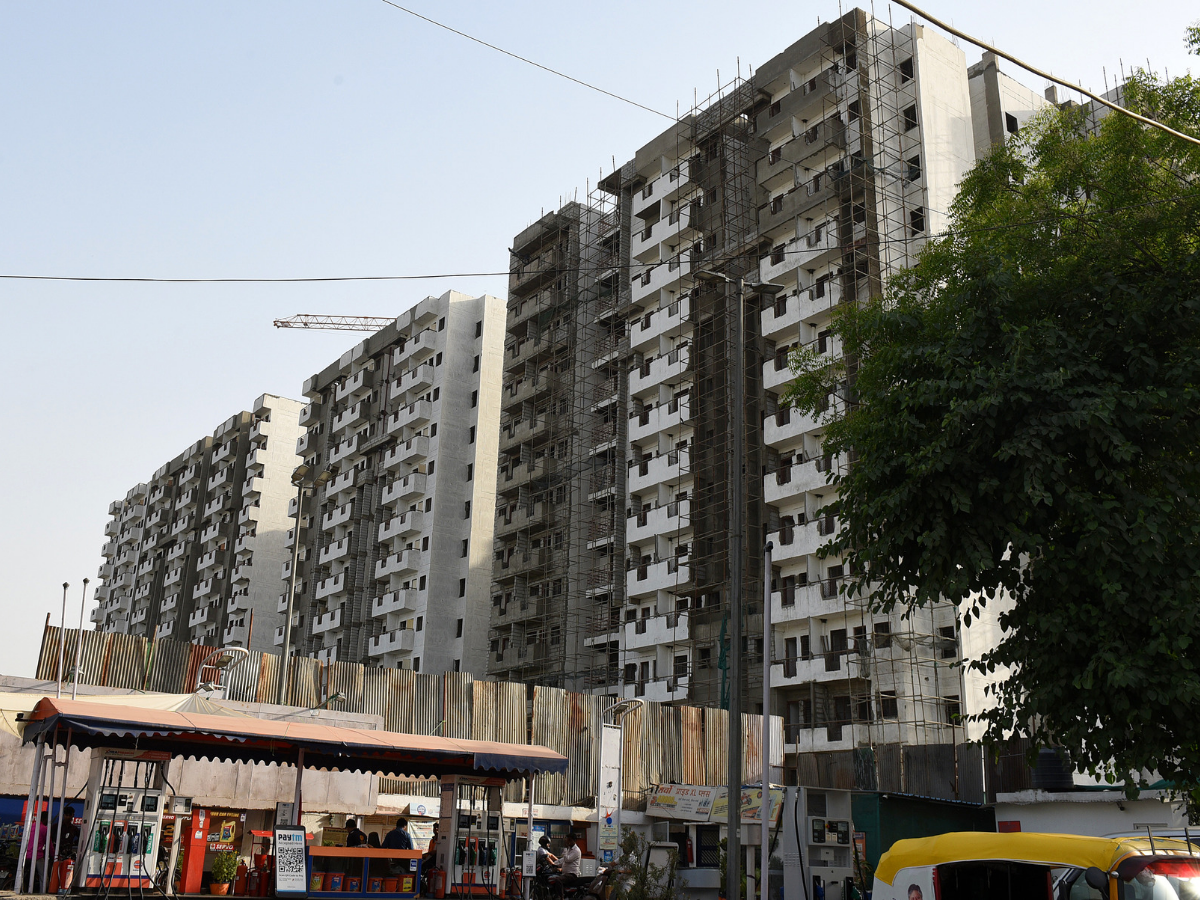News: Owner must act within 12 years or squatter will get rights: SC-08-08-2019
Updated On :August 08, 2019
As per the Limitation Act 1963, the statutory period of limitation that is allowed for possession of immovable property or any interest is 12 years in the case of private property and 30 years for public property, from the date the trespasser occupies the property.
NEW DELHI: If a rightful owner of an immovable property fails to take action to get back possession within the limitation period then his rights are lost and person in possession acquires an absolute title, the Supreme Court ruled on Wednesday, but held that no benefit of adverse possession should be given to people who encroached upon public land.
HIGHLIGHTS
- If a rightful owner of an immovable property fails to take action to get back possession within the limitation period then his rights are lost and person in possession acquires an absolute title: SC
- However, the top court held that no benefit of adverse possession should be given to people who encroached upon public land
As per the Limitation Act 1963, the statutory period of limitation that is allowed for possession of immovable property or any interest is 12 years in the case of private property and 30 years for public property, from the date the trespasser occupies the property.
Enumerating the provisions of the Act, a bench of Arun Mishra, S Abdul Nazeer and M R Shah said the law provided shield to a person who is in possession of the property beyond 12 years and that person can take action by filing a suit for restoration of possession in case of dispossession.
“We hold that a person in possession cannot be ousted by another person except by due procedure of law and once 12 years' period of adverse possession is over, even owner's right to eject him is lost and the possessory owner acquires right, title and interest possessed by the outgoing person/owner as the case may be against whom he has prescribed. In our opinion, consequence is that once the right, title or interest is acquired, it can be used as a sword by the plaintiff as well as a shield by the defendant within ken of Article 65 of the Act and any person who has perfected title by way of adverse possession, can file a suit for restoration of possession in case of dispossession,” the bench said.
It said that a person who has perfected his title by way of adverse possession can file a suit for obtaining an injunction protecting possession and for recovery of possession in case his dispossession by a third person or by owner after losing the title. “In case a person in adverse possession has perfected his title by adverse possession, after the extinguishment of the title of the true owner, he cannot be successfully dispossessed by a true owner as the owner has lost his right, title and interest,” it said.
The bench said the right by adverse possession should not be applicable in case of encroachment of public property. “There are instances when such properties are encroached upon and then a plea of adverse possession is raised. In such cases, on the land reserved for public utility, it is desirable that rights should not accrue. The law of adverse possession may cause harsh consequences, hence, we are constrained to observe that it would be advisable that concerning such properties dedicated to public cause, it is made clear in the statute of limitation that no rights can accrue by adverse possession,” the court said.




